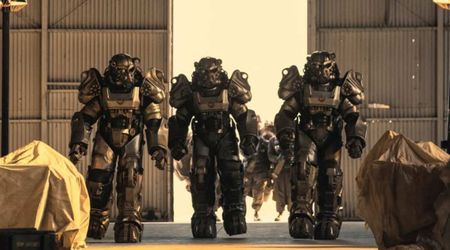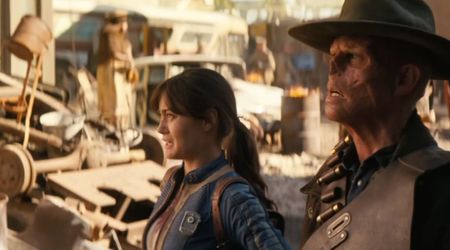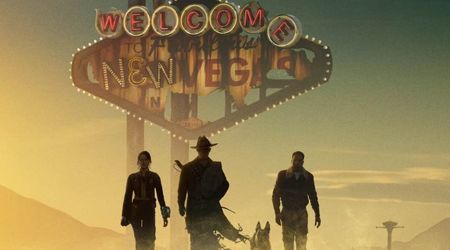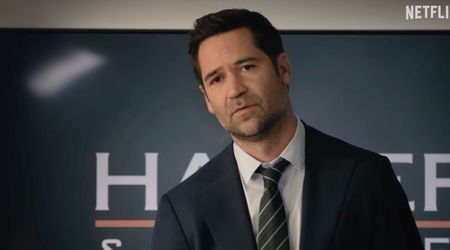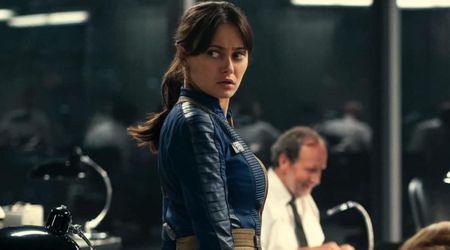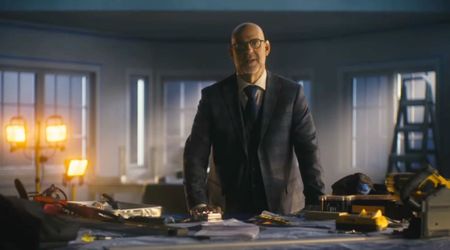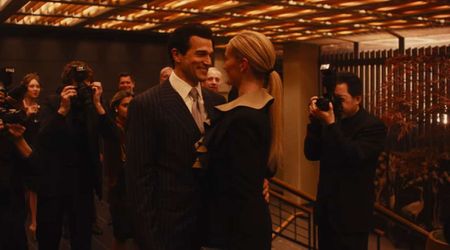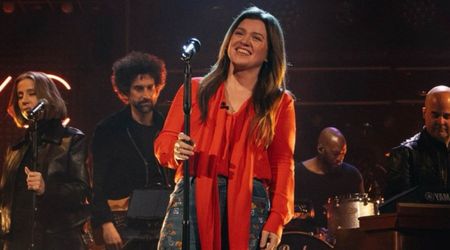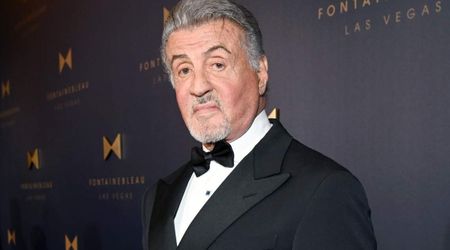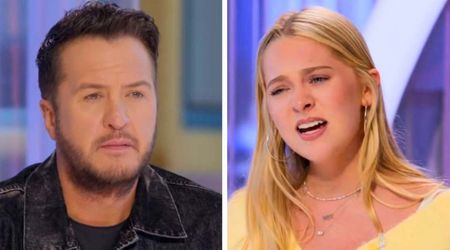'The Good Lord Bird' Episode 1: History lessons on how not to be an ally from vexed abolitionist John Brown

Daniel Kaluuya, a Black man from Britain, in an interview told Stephen Colbert that while he was from Britain and did not have the African-American perspective on the race wars, Jordan Peele's 'Get Out' connected to a "universal Black truth" of navigating the Western world: "We're like -- 'White people say some really weird stuff to you'".
And that, ladies and gentlemen, is kind of the point 'The Good Lord Bird' is driving at, presenting the story of abolitionist John Brown as a Bible-and-spittle spewing White Man who has taken it on, as a God-given mission, to "free all [expletive]" and beheading any slavers that cross his path. In any other 'serious' production Brown would be treated as a shining example of an ally who put his money where his mouth is. We would have tumbled down that same 'white savior' rabbit hole we have tumbled down before -- a Civil War-era 'Dancing with Wolves'.
But 'The Good Lord Bird' veers beautifully and sharply to avoid that particular hurdle because the story is told by "Onion", aka Henry Shackleford, a young slave living in the Kansas territory in 1856, who is 'set free' by Brown. In the first scene itself, Henry's father is killed because of a scuffle between two White men -- Brown and Dutch Henry. After this, Brown takes him away, "freeing" him but Henry sees it as a kidnapping instead. The ridiculousness of Henry's situation becomes even more apparent when Brown, mishears his name and thinks he is a girl called 'Henrietta' and puts him in a dress.
There isn't much point to Henry correcting him because if there is one thing Henry has learned well, it is this -- all White people are crazy and Black people who survived the longest were the ones who keep their mouths shut, minding their own business, instead of getting tangled up in a White man's affairs.
The truth is unveiled as seen through the eyes of Henry and Bob, the other slave, who gets caught up in Brown's business and the only person Henry is able to have a normal conversation with. A conversation about Henry's best option for a better life -- with murderous Brown and his band of not-so-merry men, who wants to wage a bloody war with a high death count to further his grand doctrine or Dutch Henry, a racist slaver, and his band of 'red shirts'.
Both Bob and Henry are nothing more than bystanders in the war being fought over their Black bodies by White men. The Civil War ultimately wasn't about them but about White people with differing opinions. The ending lines of Episode 1 hammers this home when it talks of the "snake in the South", that wanted to keep the Black folk enslaved, while the "snake in the North" wanted to free them but with no plans about their future home or sustenance -- and how both snakes bit the Black man.
Ethan Hawke's performance is electric as he mutters, shakes and spasms with holy fervor to cleanse the land and its men of the sin of slavery. But in his crazy dedication to the cause, he takes up so much space and attention, that he, inadvertently, silences Black voices just as much as the racist Dutch Henry. Want lessons on how not to be an ally? Just watch The Good Lord Bird's Hawke in action.
'The Good Lord Bird' aired on Sunday, October 4. Episode 2 will air on October 11 at 9 pm ET/PT on Showtime.

